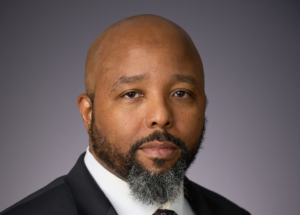
In this monthly column, Defense Daily highlights individuals from across the government, industry and academia whose efforts contribute daily to national defense, from the program managers to the human resource leaders, to the engineers and logistics officers. Will Smith is the chief cybersecurity architect at RELI Group, with more than 20 years of experience in the cybersecurity industry. In this role, he provides a 360-degree view of technical operations and possesses in-depth knowledge of the latest federal technology trends, which…

 By
By 










